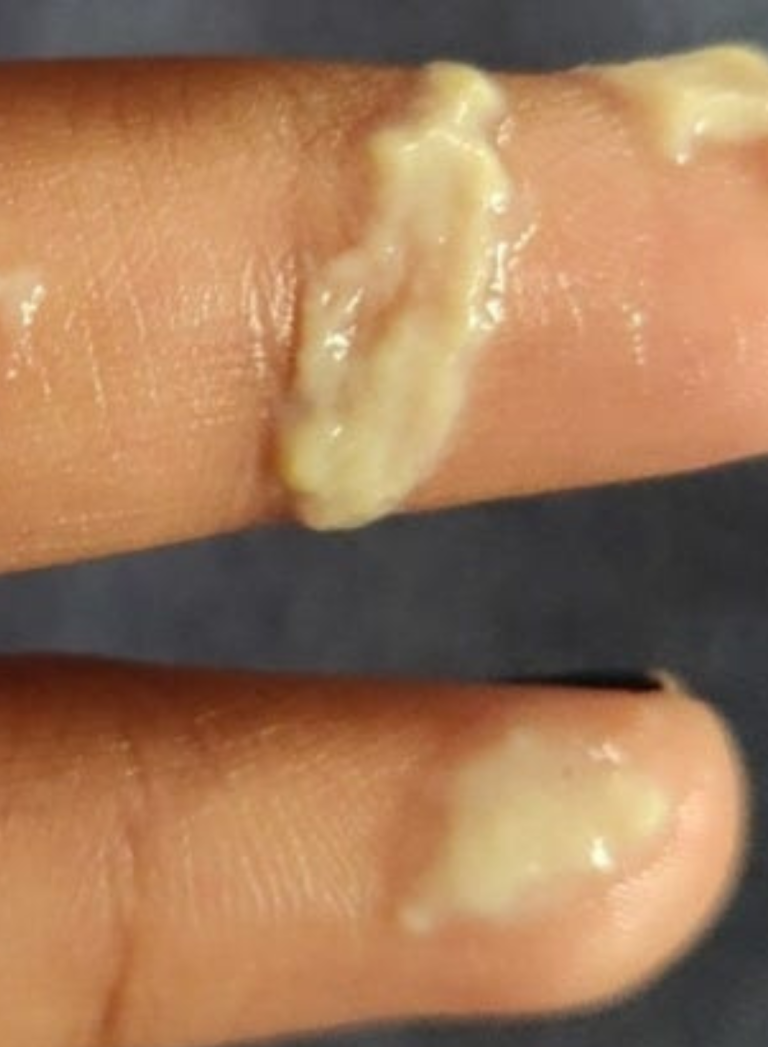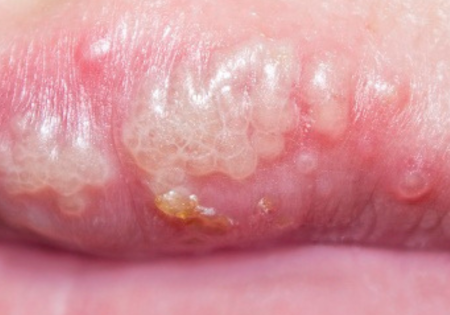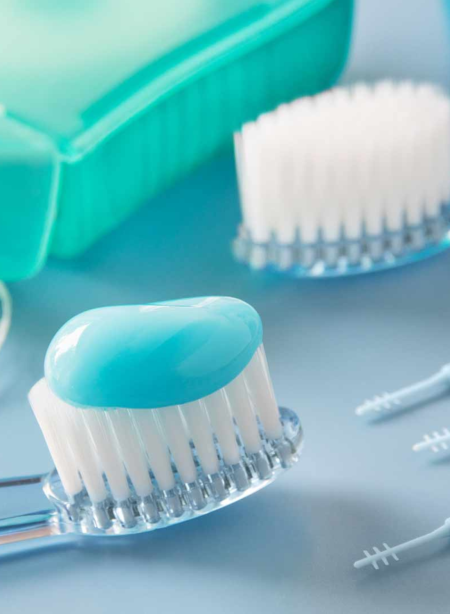Eliminating a Vaginal Yeast Infection
Knowing the Symptoms of Yeast Infections: Identify unusual discharge, burning, and itching. Consult a medical professional to confirm the diagnosis.
Medication: Oral drugs, suppositories, and antifungal creams are frequently administered. Adhere closely to the suggested dosage and time frame.
Maintain proper hygiene by avoiding irritating items like douches and scented tampons and washing gently with unscented soap.
Cotton Underwear: To reduce moisture and increase airflow, which can prevent yeast formation, use breathable cotton underwear.
Dietary Modifications: Reducing sugar and refined carbs may help stop the growth of yeast. Yogurt with living cultures and probiotics can also help maintain a healthy vaginal flora.
Preventing Irritants: Steer clear of items that could irritate your skin, such as fragrant goods, harsh soaps, and clothing that fits too tight.
Partner Consideration: To avoid transmission or reinfection, if appropriate, think about telling your sexual partners about the infection and refraining from having sex until it goes away.
Follow-up: If symptoms persist or reoccur, make an appointment for a follow-up visit and finish the entire term of medicine, even if symptoms go away early.
Consultation: If you’re unsure about the efficacy of treatment, if you’re experiencing severe symptoms, or if this is your first yeast infection, get medical consultation.







